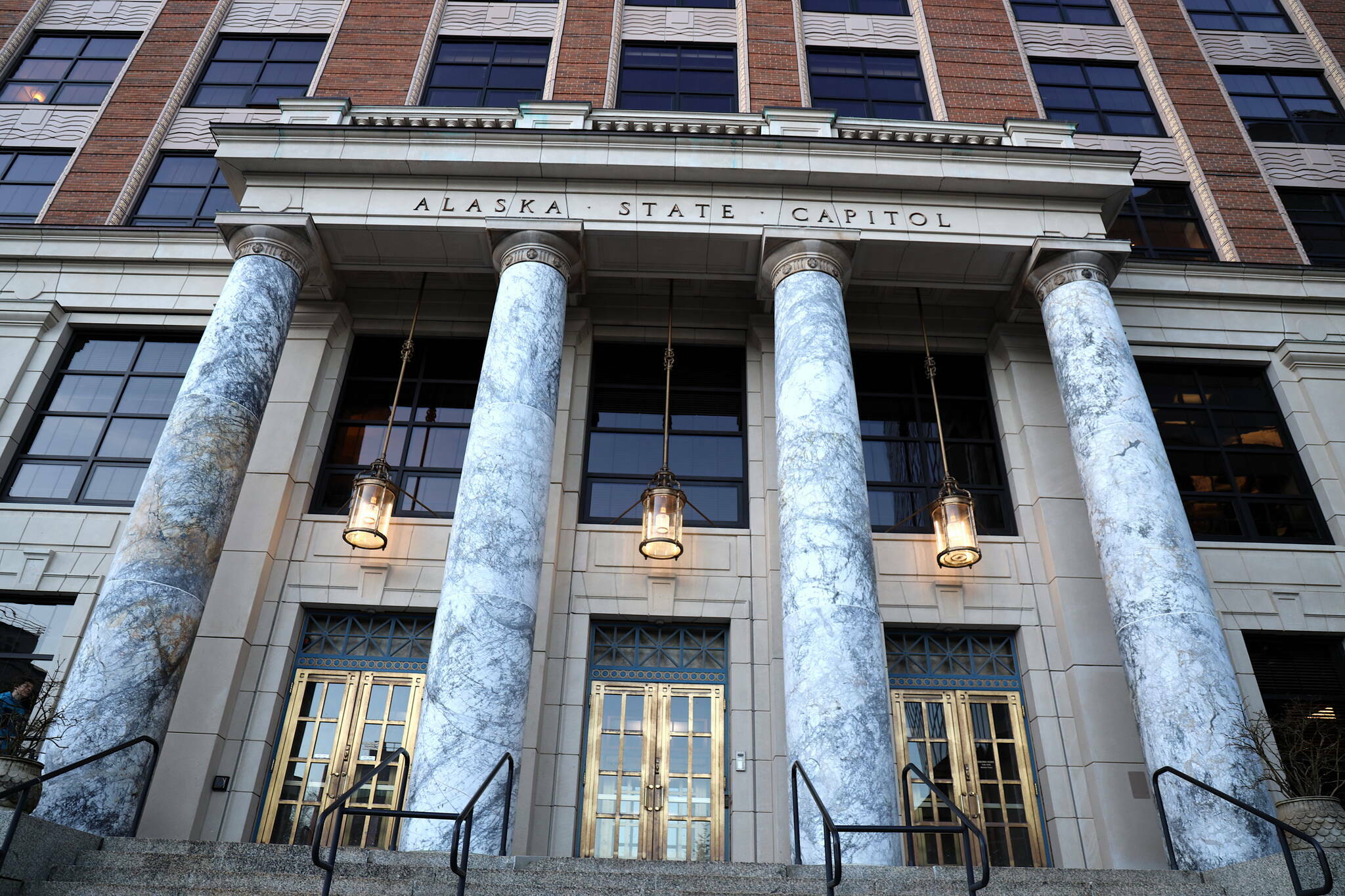I moved to Alaska 12 years ago. The allure of the Last Frontier to newcomers who enjoy nature, adventure and beauty is wonderful. The remoteness inspires independence and is a daily reminder of the importance of freedom. A critical component of freedom is economic opportunity. There are many ways that Alaska can improve economic opportunities for its residents. But the recent push back to a pension/defined benefit system for government workers is a huge step in the wrong direction.
I bring a unique perspective, work experience and expertise to this topic. I served as a director for a large investment firm, and participated in or led operations and compliance efforts for 20 years. Six years ago, I “retired” from Wall Street and became an Anchorage police officer. This is an extremely unusual career change. My desire was to serve my community, and I have found this role extremely fulfilling. Alaskans have remained supportive of police over the last few turbulent years.
Personally, I already have seen the benefits of a 401(K) and the personal investment that belongs to me. My retirement does not rely on the future prospects of any company or state to be able to honor their pension obligations. My personal investments are diversified, prudent, and well-invested to meet my retirement needs. I am now a beneficiary of Alaska’s current defined contribution system. This system has a mandatory minimum of 13% of my gross salary that is contributed to my personal account. The required contributions are invested in prudent long-term investments, which prevent risky gambles of critical retirement benefits.
At my age in this second career, it is unlikely that I would ever be able to serve long enough to benefit from a defined benefit system. In fact, a defined benefit system could specifically prevent people like me from serving the state for 10-15 years. The recruitment benefits attributed by pension proponents fail to acknowledge the trend toward workers’ career mobility. Instead, I greatly benefit from the growth of my personal defined contribution account that does not require a full 20-plus year career.
I spent an entire career working with investors and retirement plans. I helped as companies and workers largely abandoned the old-style pension plans and moved to 401(K)-style investments. This transition provided the workers with ownership of their own retirement accounts. It removed the risk of underfunded pensions and workers no longer had to fear the collapse of their long-term employer. Instead they had retirement accounts that belonged to them that could be invested across a diversified set of investments.
This kind of retirement plan structure also provides many other benefits. It allowed workers freedom and flexibility. Workers became mobile and could make career decisions without fearing the loss of a pension. The day of the “company man” and lifetime employment with the same company was largely over. This new freedom provided career growth opportunities. Workers could also now make life choices to move or make career changes. Millions of Americans benefited from this transition. The 401(K) is not perfect. But workers learned to manage the risks and found that long-term investing would benefit them in the long run. It was exciting for me to see so many individuals benefit from retirement plan growth and the wealth created.
This transition occurred in the private sector, but government workers in the public sector were largely left behind. The government workers continued to be promised a “guaranteed” pension. But this guarantee, as is always the case in the world of investments, comes with a cost. Economic freedom and career growth were not offered to government workers. Government entity management has no incentive to make their workplaces desirable or improve working conditions. In the name of retention, employees are trapped in jobs they may need to leave because of career stagnation, life choices and movement, and family considerations.
Furthermore, pension systems create unreasonable and unknown risks to the communities where government workers serve. Alaska moved away from a pension system because of past abuses and miscalculations, and politicians’ promises that it would be different this time rang hollow. Even in the best-case scenarios for pension proponents, the benefits to the individual are doubtful. As noted, the expectation of freedom of movement contrasts directly with the idea that employees must stay in the same job their entire working life in order to obtain most of the benefits. Workers have become accustomed to freedom of movement, and taking this away may directly harm recruiting efforts.
These pitfalls apply to all of the government occupations potentially covered by a pension, including teachers, firemen and police officers. My personal experience and conversations with many fellow police officers show that freedom is critically important. Police officers are literally on the front lines fighting for freedom and justice for its citizens. Economic freedom remains critically important to police officers as well. The community and citizens should be extremely wary of any system that traps police officers in a job when life choices, family issues, or other factors are leading them down a different path. The honor with which police officers serve should not be hindered by artificial restraints on their economic freedom. The state of Alaska, taxpayers, and all government workers, deserve economic freedom that comes with a cost-specific retirement system that allows individuals to build wealth and provide income for retirement.
• Christopher Wright is a senior patrol officer with the Anchorage Police Department.

